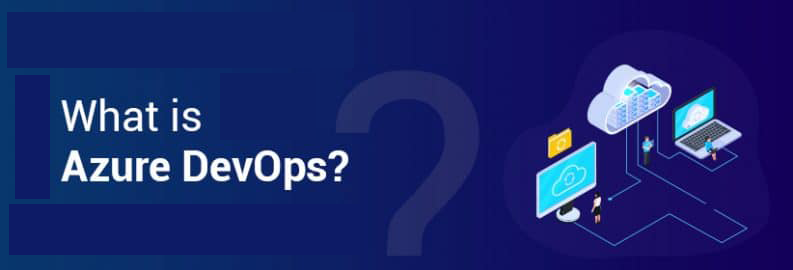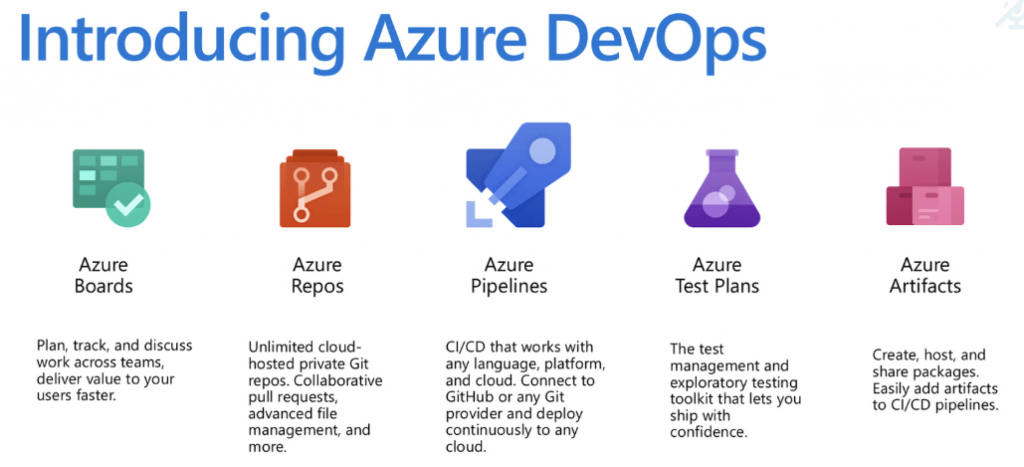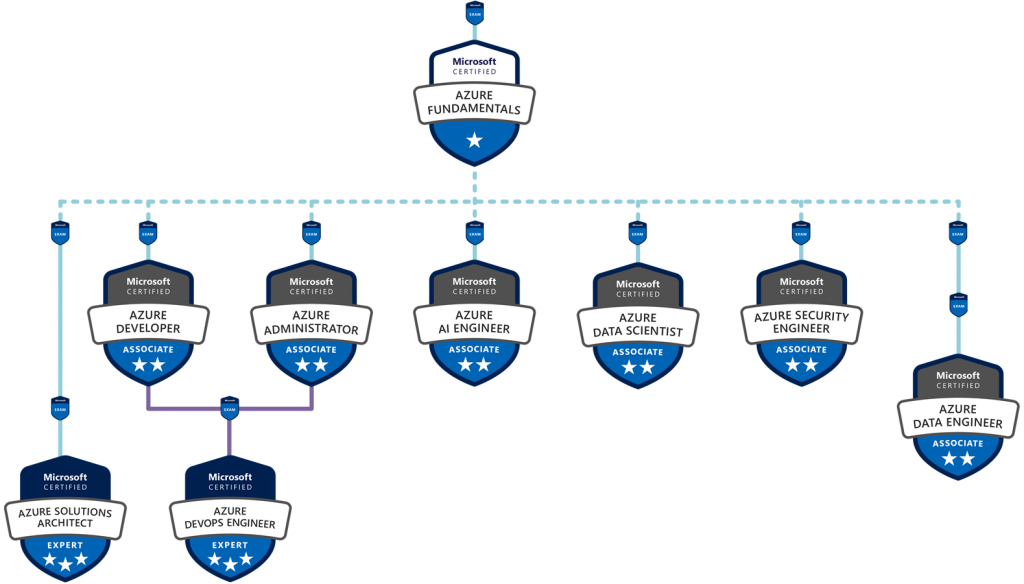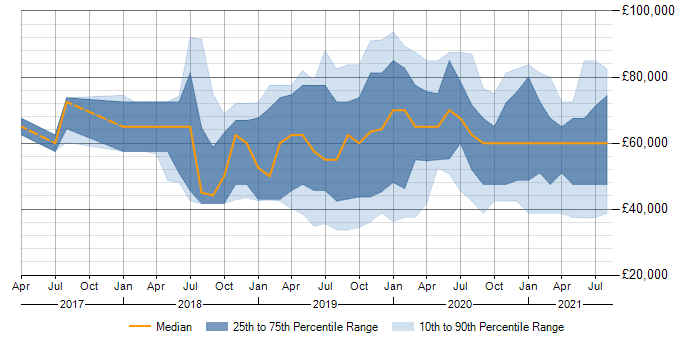
What is Microsoft Azure?
Now, lets know about Microsoft Azure, It is a cloud computing service created by Microsoft that is one of the leading cloud service providers, and day-by-day many organizations are opting for Azure to get the best technologies for efficient computations. Its use will help you to build, deploy, and manage applications through your globally owned network of data centers.
What is Azure DevOps?
Now, lets know about Azure DevOps, it is a mixture of the simplest of technology and therefore the application of best practices. We can say, It is the Next Big thing in IT Industries. Azure DevOps is a Software as a service (SaaS) platform from Microsoft that provides an end-to-end DevOps toolchain for developing and deploying software. Microsoft recently launched this as a result of they perceive that DevOps has become more and more vital to a team’s success. It’s concerning culture and an amendment within the manner we tend to do things, yet as our mental attitude. Azure DevOps captures over fifteen years of investment and learnings in providing tools to support software packages, development groups. more to the present.

Is Azure DevOps secure?
Absolutely Azure DevOps is secure, and All data is encrypted. Azure DevOps has multilevel security across all of their data centers and security controls integrated into the hardware. This can be a good defense against denial of service attacks.
How does Azure DevOps work?
In the easiest terms, Azure DevOps is the evolution of VSTS (Visual Studio Team Services). Azure DevOps works both public and private cloud configurations – the services include:
- Azure Boards – A work tracking system with Kanban boards, dashboards, and reporting
- Azure Pipelines – A CI/CD, testing, and deployment system that can connect to any Git repository
- Azure Repos – A cloud-hosted private Git repository service
- Azure Test Plans – A solution for tests and capturing data about defects
- Azure Artifacts – A hosting facility for Maven, npm, and NuGet packages
Azure DevOps use cases include – 1. Planning 2. Developing 3. Delivery 4. Operations
Pre-Requisites for Microsoft Azure course
- Basics of Networking
- Basics of the MS Azure Platform
- Basic concepts related to operating systems
- Basic familiarity with infrastructure paradigms such as active directory and PowerShell
Below you can see the path of Azure Certification:-

How to become a Azure DevOps Certified Engineer and list of the various certifications:–
If you want to become a Microsoft Azure DevOps Certified Engineer: then, you must earn at least one of the following: Microsoft Certified: Azure Fundamental, Azure DevOps, Azure Administrator Associate, Azure Architect, Azure Security, Microsoft Certified: Azure Developer Associate certification.
These are Best Microsoft Azure Certification:-
- Microsoft AZ-900 Certification: Azure Fundamentals course
- AZ-104 Azure Administrator Exam Certification course
- Microsoft AZ-400 Azure DevOps Certification course
- AZ-204 Developing Solutions
- AZ – 303 Microsoft Azure Architect
- AZ – 304 Microsoft Azure Architect Design
- Microsoft AZ-500 Certification: Azure Security Technologies course
What is the Salary of Azure DevOps Engineer?
Here I am going to share with you the average salary of an Azure DevOps Engineer. If you are working at a product-based company, then the salary ranges start from ₹16L to ₹42L per year. And the average salary of an Azure DevOps Engineer working at a service-based company can range start from ₹5.5L to ₹23L per year.

Conclusion of Azure DevOps
Azure DevOps is a Software as a service (SaaS) platform from Microsoft that provides an end-to-end DevOps toolchain for developing and deploying software. It is a mixture of the simplest of technology and therefore the application of best practices. Azure DevOps works both public and private cloud configurations.
If you are planning to become an Master in Azure DevOps Engineer, and searching to the best institute for preparing for Azure certifications, then I would suggest you one of the best Institutes that is DevOpsSchool.com. This institute has 10 to 15+ years of experienced trainers who providing you quality training with industries requirement.
I am going to share with you some videos, then you can get some overview of DevOps and Start to learn Azure DevOps course.
Source – scmGalaxy
- How to remove sensitive warning from ms office powerpoint - July 14, 2024
- AIOps and DevOps: A Powerful Duo for Modern IT Operations - July 14, 2024
- Leveraging DevOps and AI Together: Benefits and Synergies - July 14, 2024

